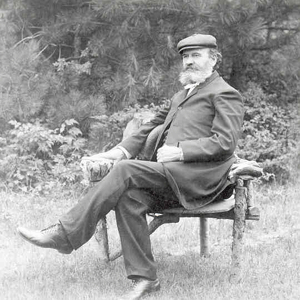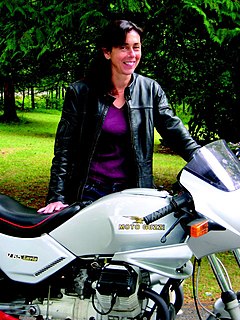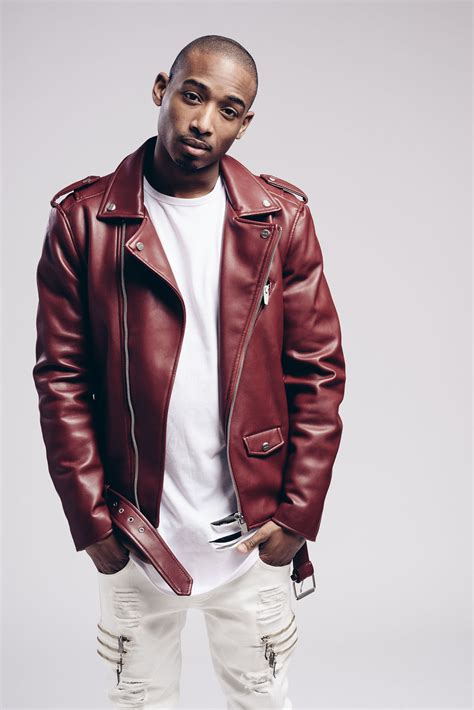A Quote by John Locke
Our incomes are like our shoes; if too small, they gall and pinch us; but if too large, they cause us to stumble and to trip.
Related Quotes
Our incomes should be like our shoes, if too small, they will gall and pinch us, but if too large, they will cause us to stumble and to trip. Wealth, after all, is a relative thing, since he that has little and wants less is richer than he that has much but wants more. True contentment depends not upon what we have; a tub was large enough for Diogenes, but a world was too little for Alexander.
Our moment had passed somehow. I was different. He was, too. Without our “madness” to unite us, there wasn’t anything much there. Or maybe too much had happened in too short a time. It’s like when you take a trip with someone you don’t know very well. Sometimes you can get very close very quickly, but then after the trip is over, you realise all that was a false sort of closeness. An intimacy based on the trip more than the travellers, if that makes any sense.
I do not believe one can settle how much we ought to give. I am afraid the only safe rule is to give more than we can spare. In other words, if our expenditure on comforts, luxuries, amusements, etc, is up to the standard common among those with the same income as our own, we are probably giving away too little. If our charities do not at all pinch or hamper us, I should say they are too small. There ought to be things we should like to do and cannot do because our charitable expenditure excludes them.
Adversity is a severe instructor, set over us by one who knows us better than we do ourselves, as he loves us better too. He that wrestles with us strengthens our nerves and sharpens our skill. Our antagonist is our helper. This conflict with difficulty makes us acquainted with our object, and compels us to consider it in all its relations. It will not suffer us to be superficial.
Our senses perceive no extreme. Too much sound deafens us; too much light dazzles us; too great distance or proximity hinders ourview. Too great length and too great brevity of discourse tends to obscurity; too much truth is paralyzing.... In short, extremes are for us as though they were not, and we are not within their notice. They escape us, or we them.
I find that many men and women are troubled by the thought that they are too small and inconsequential in the scheme of things. But that is not our real trouble - we are actually too big and too complex, for God made us in His image and we are too big to be satisfied with what the world offers us!.. Man is bored, because he is too big to be happy with that which sin is giving him. God has made him too great, his potential is too mighty.
I feel like human beings can't help but destroy, but if our numbers are small we don't destroy as much as we do when our numbers are this huge and out of control. I wonder, what's the carrying capacity for human beings? When do we get to the point when we can't take it anymore, when it becomes too unpleasant to us just to be here because there's too many of us and there's no solitude anymore.
Life, as we find it, is too hard for us; it brings us too many pains, disappointments and impossible tasks. In order to bear it we cannot dispense with palliative measures... There are perhaps three such measures: powerful deflections, which cause us to make light of our misery; substitutive satisfactions, which diminish it; and intoxicating substances, which make us insensible to it.
Hopelessness may be the saddest word in our language. Despair is the enemy of our souls. It can paralyze us, halt our progress, and cause us to lose our way. But hope awakens us like a light shining in the darkness. We can endure all things when our hope is centered in one who will never fail us-our Savior, Jesus Christ, who is the light of the world.
If we're open to it, God can use even the smallest thing to change our lives... to change us. It might be a laughing child, car brakes that need fixing, a sale on pot roast, a cloudless sky, a trip to the woods to cut down a Christmas tree, a school teacher, a Dunhill Billiard pipe...or even a pair of shoes. Some people will never believe. They may feel that such things are too trivial, too simple, or too insignificant to forever change a life. But I believe. And I always will.






































